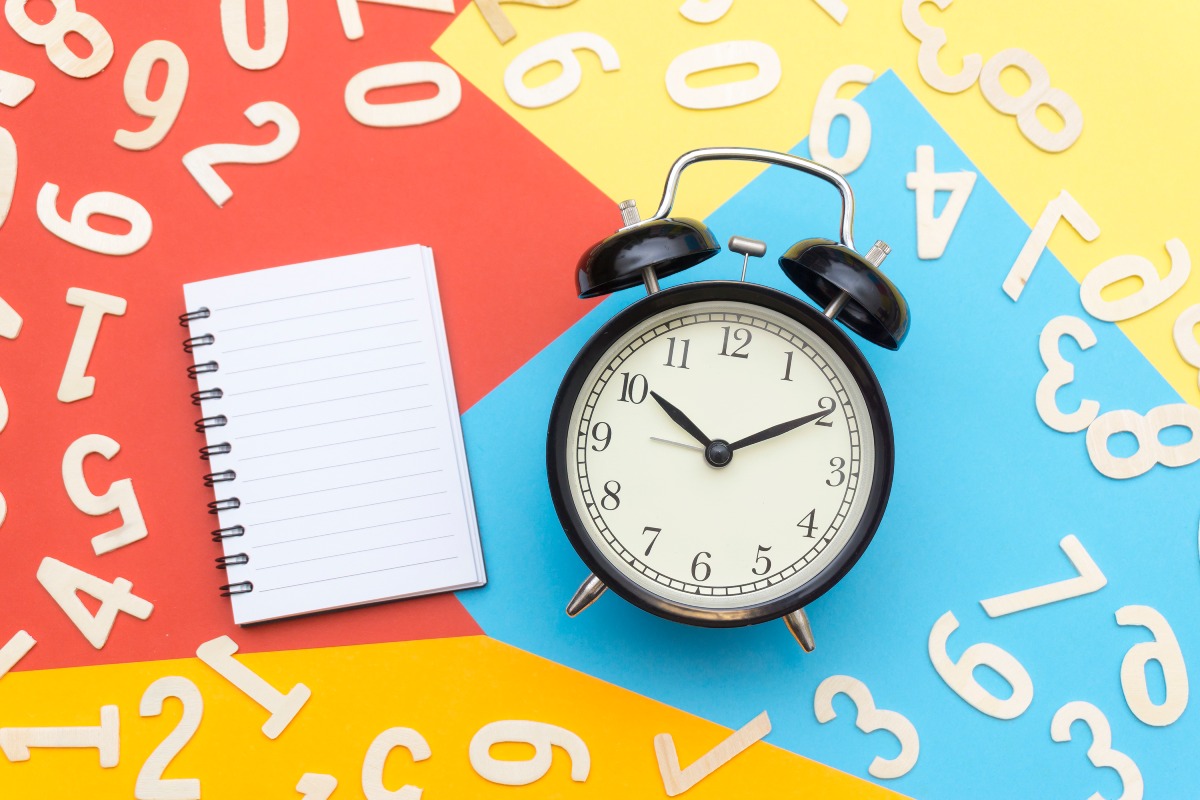
When a person needs medications to manage any illnesses, it’s crucial to follow the instructions to the letter. Taking medications in a way they aren’t intended can harm your body. It can also make them ineffective. Let’s discuss more reasons why medication compliance matters to your well-being.
This blog discusses suicidal ideation. If you or someone you know is experiencing suicidality, please call the national hotline at 988.
Medication Abuse
Certain types of medications possess a high risk for abuse. These include benzodiazepines, stimulants, opioids, and sleeping pills. You need to monitor your consumption closely with any of these meds. If you become tempted to abuse them, you should reach out to your doctor.
While it may feel good at the moment, prescription drug abuse can increase your chances of developing substance use disorder (SUD). You might begin craving the medications or feeling physical withdrawal symptoms when you’re not abusing them. As your tolerance increases, you’ll need more of the medication to get the same effect. The whole situation goes downhill fast.
You might start buying prescription drugs illicitly. At that point, you can no longer guarantee the safety or quality of the substance you’re consuming. For some people, this quickly leads to overdose.
Inconsistent Medication Compliance
Some meds, specifically psychotropic drugs, need to be taken every day at approximately the same time for the best effects. If they’re taken inconsistently, they don’t work as well. In the best-case scenario, you only feel a mild amount of relief. If you’re unlucky, you won’t feel the effects at all. In either case, you’re not getting the help you need.
Moreover, you could feel rebound effects if you stop taking them every day after taking them consistently. Your body gets used to medications over time. It begins relying on them for equilibrium. When that pattern changes, your body can start exhibiting withdrawal symptoms. The exact amount of time you have to be off your dose before feeling the effects depends on the half-life of the specific drug. You may feel anything from aches and nausea to suicidal ideation. With this in mind, it’s crucial to comply with your medication schedule.
Medication compliance can help your body manage chronic physical and mental illnesses. Noncompliance can mean addiction, ineffective treatment, or rebound withdrawal. With this in mind, you should use the tools at your disposal to help you remain on track. Writing the schedule in a daily planner, setting alarms, and asking loved ones to remind you can ensure success. Additionally, you can consult with therapists at The Guest House to learn behavioral tools that increase medication compliance. Our team individualizes care, increasing the likelihood of personal growth. For help, call us today at (855) 483-7800.